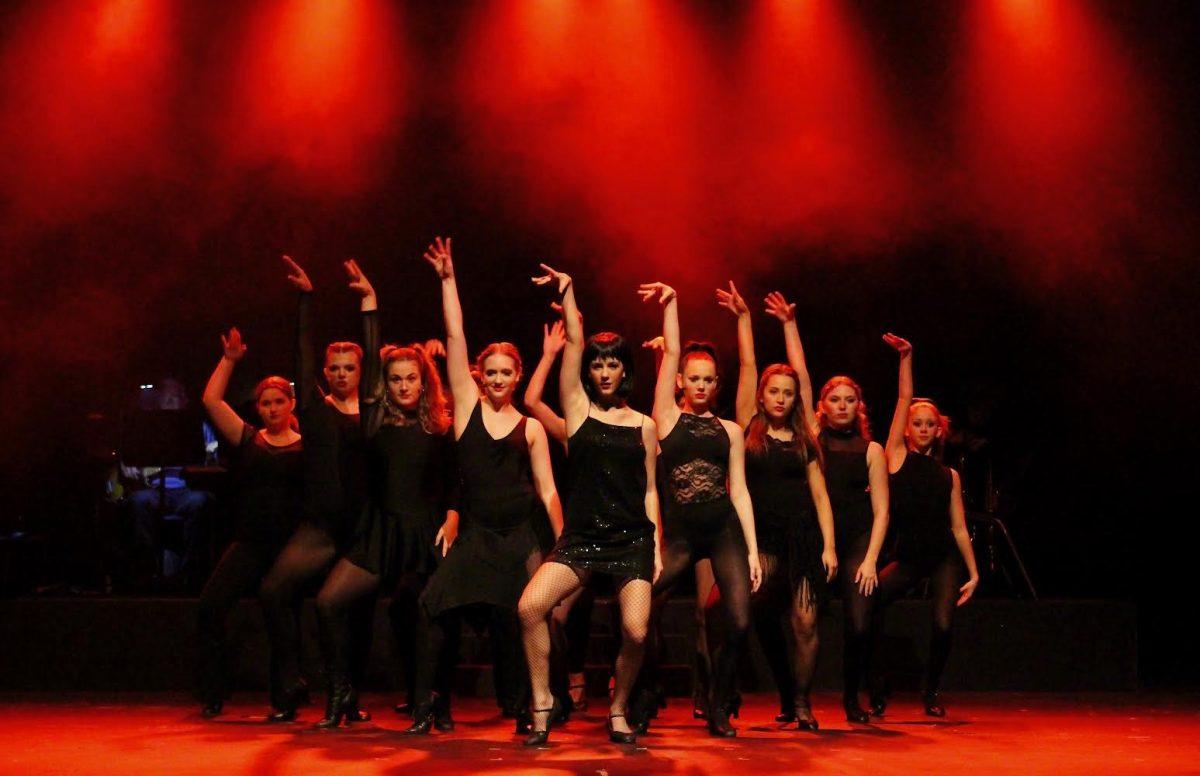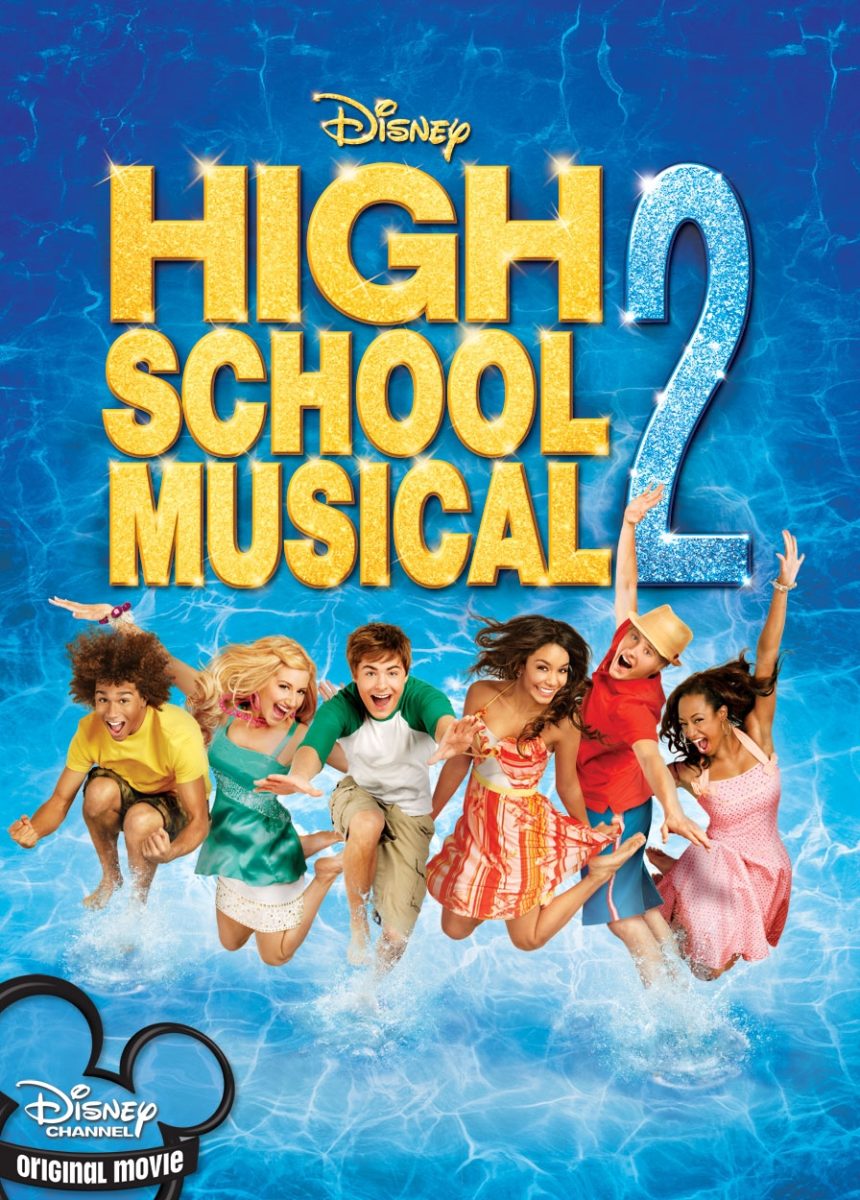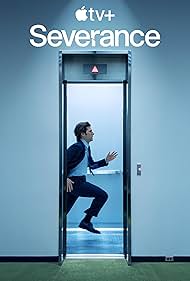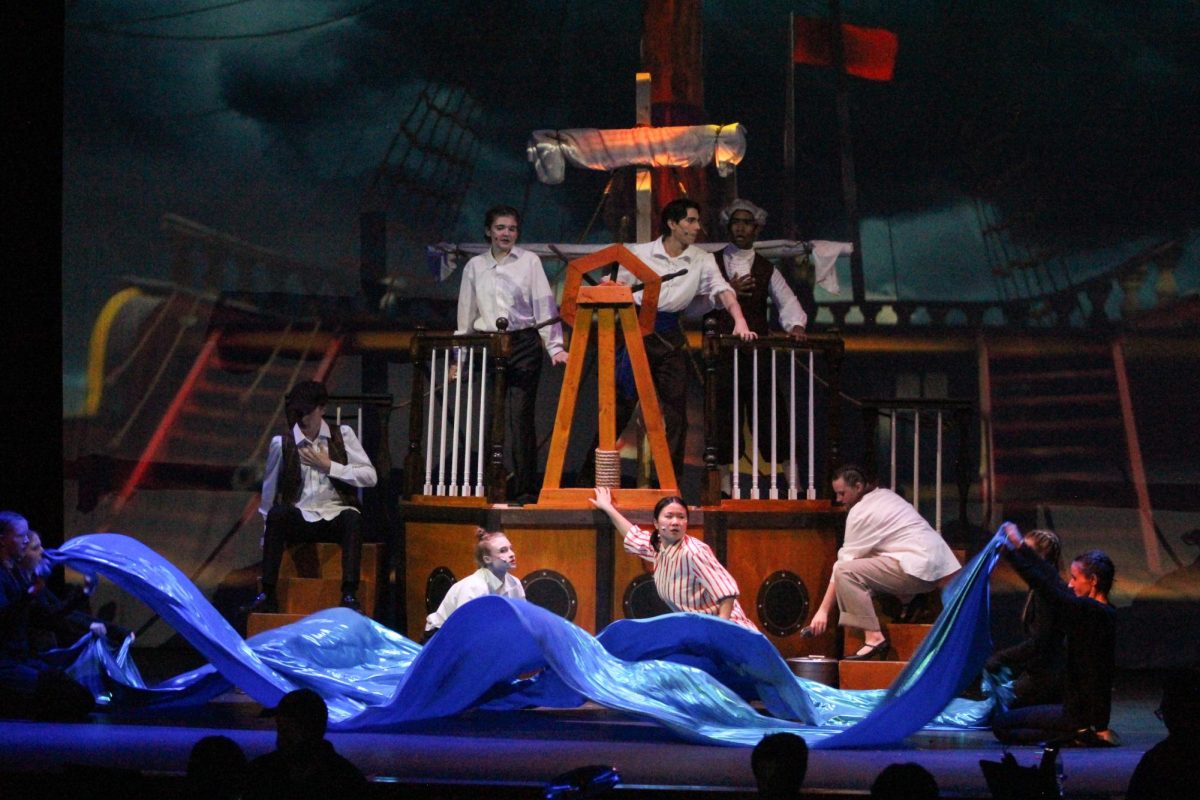‘24
The Indian Hills Theater Company is one of the most involved and robust clubs Hills has to offer. Its various productions, including last year’s version of Chicago, have always drawn crowds of students, alumni, and other FLOW area residents alike. Whether you’re an aspiring “castie,” as Ms. Kim calls her cast members, or simply someone who enjoys these productions from the auditorium seats. The high-quality performances may have you wondering, what exactly goes into the auditioning and casting of IHTC’s shows? Drumbeats had the opportunity to talk with the director of IHTC, Ms. Kim Marino, about what goes into her decision process with each coming show.
How do you typically conduct your auditions? How do auditions for plays differ from auditions for musicals?
“For auditions here, I will usually post on Schoology the name of the show, the schedule, and what’s expected, and I’ll have students sign up for a time slot. After that, they have to prepare. For the fall [play], usually, they would audition with a one-minute memorized monologue in the genre of the show. For this year’s show in particular, No One Is Alone, I had everyone prepare 32 bars of a Broadway song, and then had everyone come in for a dance audition, because this particular show has a heavy amount of dancing. Musicals are also very heavily vocal and dance based, and I also look at their outdates to see how committed each student is.”
How much does seniority affect your casting decisions? How important is it to you to honor those who have been involved with IHTC the longest?
“For me, I don’t care the age. I cast on talent. I don’t care if you’re a senior or a freshman, I cast on who I feel is the best fit for the role. Now, if there’s a situation where it is truly apples to apples, same vocal ability, same level of commitment, no outdates, I know them, maybe in that circumstance I would lean towards the senior. However, it’s rare that you would find two people so equivalent. In terms of honoring people who have been involved, I certainly love working with people who have been involved with the club for longer, just because you develop that relationship and level of trust, and you know that they’re committed, dedicated, and have a good work ethic. That is important, but by no means do I believe someone is entitled to a role just because they’ve been involved for 3-4 years.”
What, aside from talent, makes a great cast member in your opinion? What makes a great audition?
“What makes a great cast member, number one, is someone who is there for the complete joy of being a part of the magic of a production. I think it’s so important to have a cast member that genuinely wants to be there, someone who’s positive. I’m a firm believer that negative energy is like cancer, it never really goes away, and I want cast members that are dedicated, hardworking, and fully committed to being part of that magic. A great audition is, for me, about confidence. Someone who can just come into the room and isn’t thinking about anyone else, is focused on doing the best job for themself, and is there to be part of it and to love and enjoy the process. A good audition also means the person is prepared, they’re fully memorized, familiar with the show and the music, know what role they want, and know all the basics of auditioning like slating their name. There’s a big difference to me in someone who is prepared and someone who is not.”
What is the first thing you look for in an auditioner and are there any immediate tells you can pick up on that let you know whether an audition is going to go well or poorly?
“Well, I’ve been doing this so long, I can tell if I can work with someone from the minute they walk in. There’s a certain air of confidence and preparedness I look for, like if they have a headshot and resume, if their forms are filled out correctly, and if they’re prepared and know what they’re doing. You can tell pretty quickly if someone has done this before.”
What are your thoughts on gender-bent casting? How often does it come up as something to consider when making your cast lists?
“I’m not opposed to gender-bending any role, but for me, it’s not about that as much as it’s just about who is the best person for the role. If someone who identifies as one gender is auditioning for a role of another, if I think they genuinely can portray it better than the next person, that’s who I’m giving it to. I don’t care about gender. I don’t find it to be an important aspect of casting, it’s just about who is best for the role. So yes, I’m open to it.”
Is there anything you’d like your students to know or understand about the way you run IHTC besides what you’ve already said?
“I went here, I was in the drama club, and it’s always been something that gives students a home. That’s the most important thing for me, that it gives students something to look forward to at the end of the day. I have such an open door and I want everyone to feel safe and comfortable and for them to love every day, whether they’re onstage or off. So many times when we do our circle, which is an activity we do on the last day of every show where we sit in a circle and kids reflect on their experience, and at least 5-10 times someone says something like ‘I don’t know where I’d be without this club’ or ‘I see IHTC as my home away from home’. That’s really the stuff that gives you goosebumps. It’s like the land of misfit toys, everyone’s welcome, and kids get to find who they are and find their people.”
It is clear that Ms. Kim shows continuous care and effort in fostering a positive community within IHTC, but auditions will always be a daunting part of the world of theater. Hopefully, these insights have put some future (and current) club members’ burning questions to rest, so that IHTC’s “casties” can continue to put their best foot forward.








